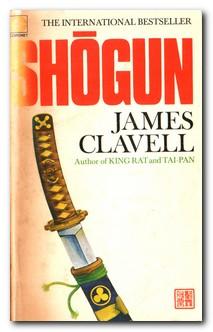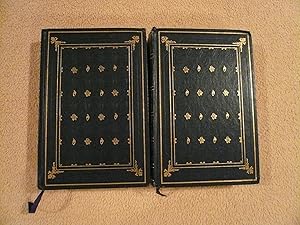

In the end, he still picks himself back up to persevere and survive. He’s confronted by a culture he doesn’t understand, a country he doesn’t know and a series of events out of his control. From there, it picked me up and dragged me along Blackthrone’s harrowing tale of love, loss and struggle to survive in a foreign land where there are adversaries at every turn. The novel threw me into the year 1600 with the story of English pilot John Blackthorne, whose ship and crew are marooned in Japan after being caught in a vicious storm. When I started “Shōgun,” it immediately stoked my imagination, seized my heart and put my life on autopilot for the next couple of weeks as I raced to the finish. From that, I assumed it would be lackluster in today’s context, but it wasn’t. I’d heard family members talk endlessly about how “Shōgun” captivated the minds of people in the mid-to-late 1970s and early 1980s with its book and miniseries. Shakespearean in both scope and depth, Shōgun is, as the New York Times put it, ".not only something you read-you live it." Provocative, absorbing, and endlessly fascinating, there is only one: Shōgun.I cannot say I had high expectations when I picked up James Clavell’s historical fiction novel “Shōgun” (1975). Endlessly compelling, this sweeping saga captivated the world to become not only one of the best-selling novels of all time but also one of the highest-rated television miniseries, as well as inspiring a nationwide surge of interest in the culture of Japan. Heart-stopping, edge-of-your-seat action melds seamlessly with intricate historical detail and raw human emotion. Powerful and engrossing, capturing both the rich pageantry and stark realities of life in feudal Japan, Shōgun is a critically acclaimed powerhouse of a book.



As internal political strife and a clash of cultures lead to seemingly inevitable conflict, Blackthorne's loyalty and strength of character are tested by both passion and loss, and he is torn between two worlds that will each be forever changed. Thrust into the closed society that is seventeenth-century Japan, a land where the line between life and death is razor-thin, Blackthorne must negotiate not only a foreign people, with unknown customs and language, but also his own definitions of morality, truth, and freedom. After Englishman John Blackthorne is lost at sea, he awakens in a place few Europeans know of and even fewer have seen-Nippon.


 0 kommentar(er)
0 kommentar(er)
